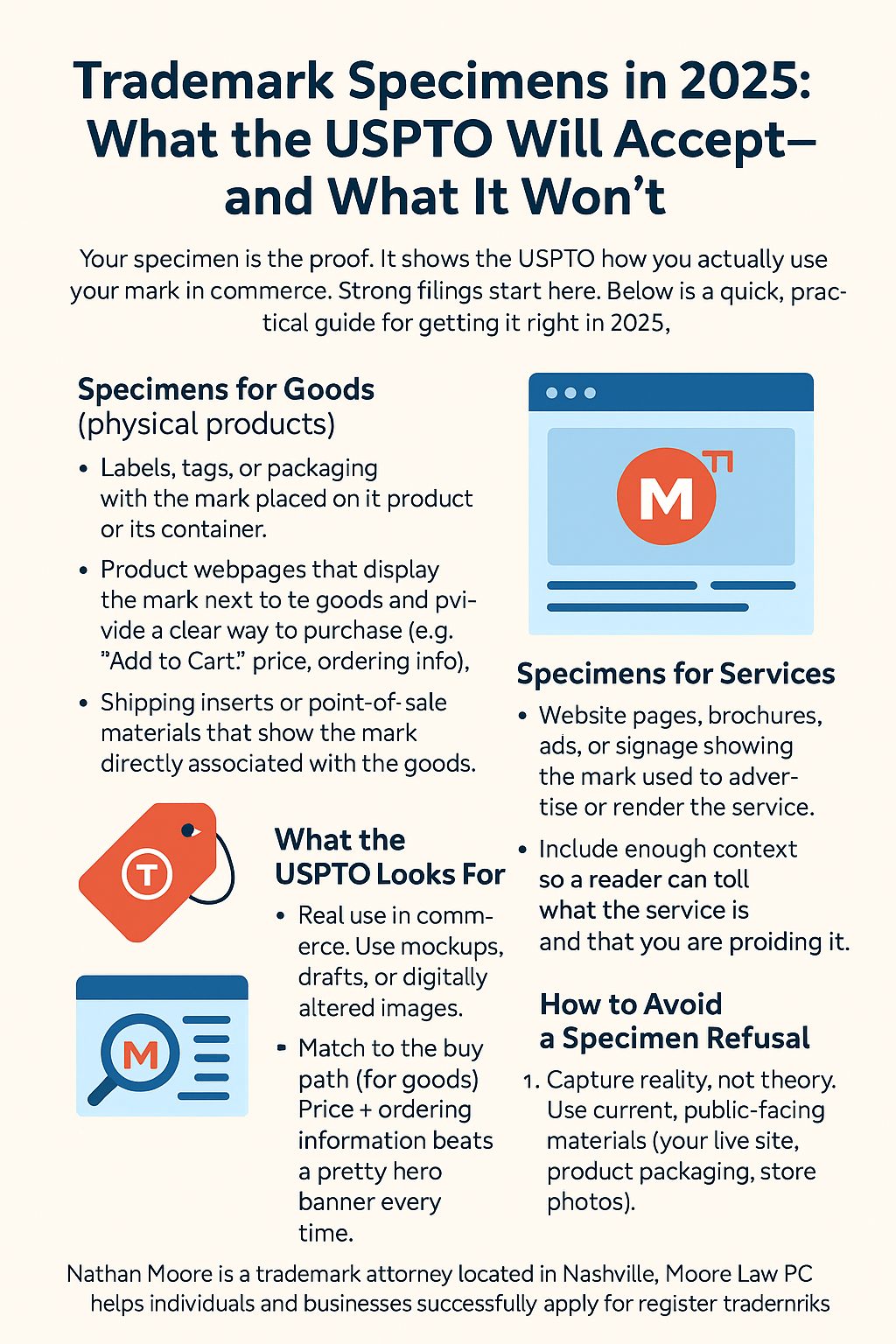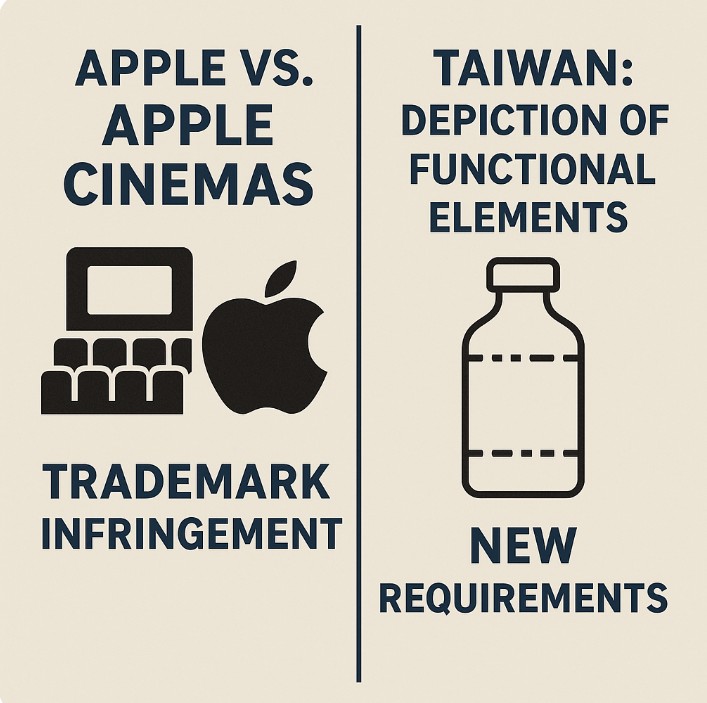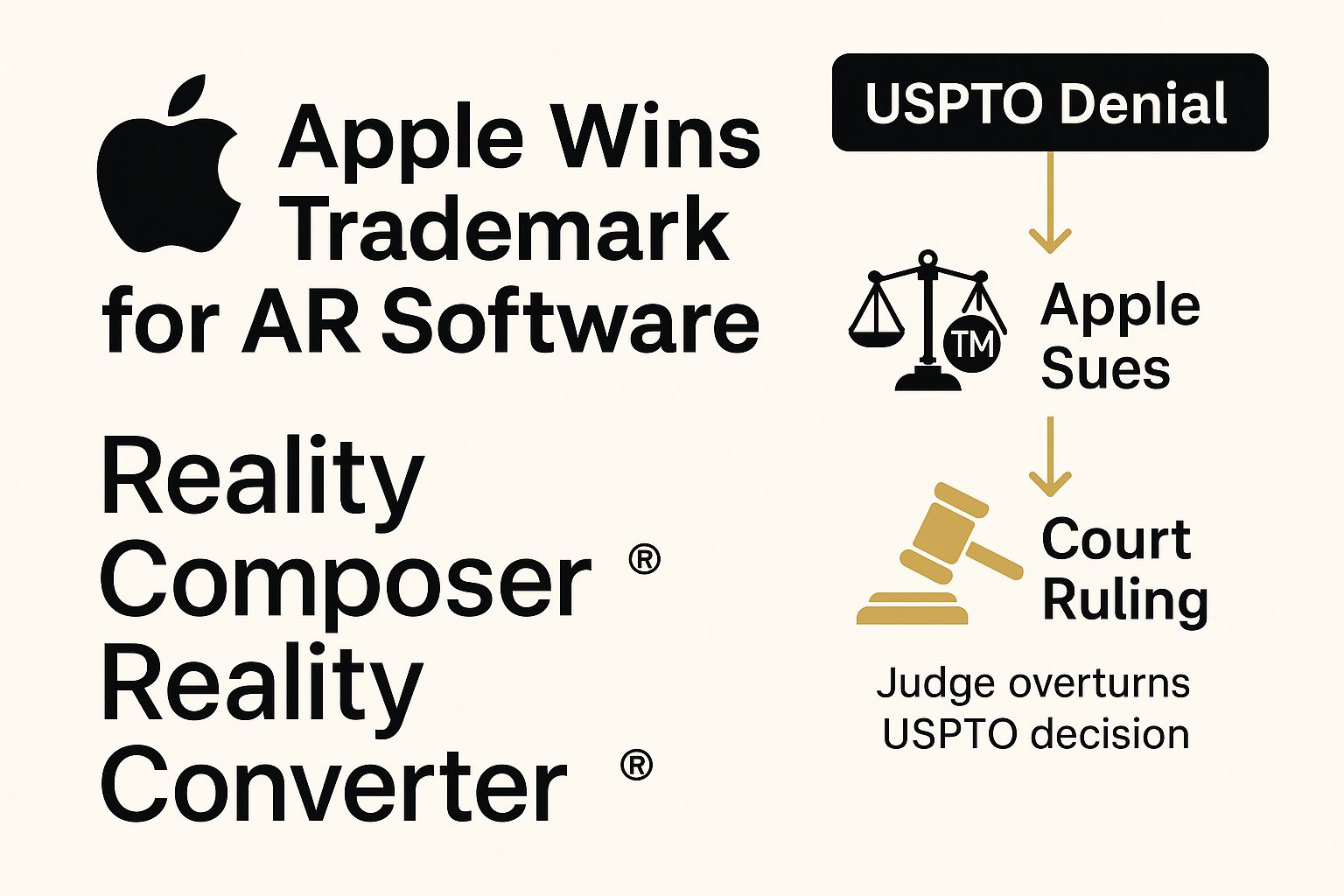Licensing intellectual property (IP) can be a powerful way to generate revenue, expand brand reach, or collaborate with other businesses. Whether it’s a patent, trademark, or copyrighted material, licensing allows you to retain ownership of your IP while granting others permission to use it under specific conditions. By understanding the different types of licenses and knowing how to structure licensing agreements, you can make the most of your intellectual property while protecting your rights.
1. What Does it Mean to License Intellectual Property?
Licensing intellectual property is the process of granting another party permission to use your IP rights under agreed terms. As the IP owner (licensor), you maintain ownership, while the licensee gains specific usage rights, which can include manufacturing, distribution, branding, or reproduction of the IP.
Licensing can apply to various types of intellectual property:
- Patents: Licensees may pay to manufacture or sell a patented invention.
- Trademarks: Brands may license trademarks, allowing others to use logos or brand names for specific products or services.
- Copyrights: Authors, musicians, and software developers can license their work for use in various media, including print, film, or digital platforms.
2. Types of IP Licenses
The type of license you choose depends on the level of control and exclusivity you want to grant the licensee. Common types of IP licenses include:
- Exclusive License: Grants the licensee sole rights to use the IP within a specific territory or field, even excluding the licensor. This type of license is usually more expensive, as the licensee is guaranteed they’ll be the only one with rights to the IP in that context.
- Non-Exclusive License: Allows the licensor to license the IP to multiple parties simultaneously. Non-exclusive licenses are common in software, media, and technology, where multiple users may benefit from the same IP.
- Sublicensable License: Permits the licensee to sublicense the IP to other third parties. This arrangement is common in franchising, where franchisees may sublicense IP, like brand trademarks, to their individual locations.
- Field-of-Use License: Restricts the licensee’s usage of the IP to a specific field or industry. For example, a patent holder might license their technology for use in the automotive industry but restrict usage in the medical field.
- Territorial License: Limits the licensee’s rights to a specific geographic area. This license can help licensors maintain control over where their IP is used or marketed.
3. Benefits of Licensing Your IP
Licensing your intellectual property offers several potential benefits:
- Revenue Generation: Licensing fees or royalties provide ongoing income without the need for extensive additional work. The licensor can monetize their IP while allowing the licensee to use it for profit.
- Market Expansion: Licensing can help your brand, product, or technology reach new markets without the costs associated with direct expansion. For example, licensing a trademark to a manufacturer in another country allows for broader distribution.
- Brand Recognition: Trademark licensing can increase brand visibility and consumer recognition, especially when licensees operate in different regions or industries.
- Reduced Liability and Maintenance Costs: Licensing lets you share production and distribution responsibilities with the licensee, which reduces operational burdens and limits exposure to liabilities related to manufacturing or marketing.
4. Creating a Licensing Agreement
A licensing agreement is a legal contract that defines the terms and conditions under which the licensee can use the IP. A well-structured agreement protects your interests and provides a clear framework for the licensee’s rights and obligations. Key elements of a licensing agreement include:
- Scope of the License: Clearly define what rights you are granting. This section should specify the type of license (e.g., exclusive, non-exclusive), the allowed uses, and any restrictions on use.
- Duration: Set the period during which the license is valid. Licensing agreements can be temporary, renewable, or ongoing. Having a set end date gives you flexibility to renegotiate terms or find new licensing partners.
- Territory: Specify where the licensee is permitted to use the IP. Geographic limitations can protect your interests in certain regions or allow you to license the IP to different parties in various locations.
- Royalty Structure and Payment Terms: Outline how you’ll be compensated for the license. Licensing fees may be structured as a lump-sum payment, recurring royalty based on sales, or percentage of revenue generated from the IP. Be clear on payment terms and any minimum royalty guarantees.
- Quality Control and Compliance: If licensing a trademark, for example, you may require certain quality standards to ensure your brand reputation is maintained. Quality control provisions help protect the brand’s image and ensure the licensee’s products or services align with your standards.
- Termination Clauses: Define conditions under which either party can terminate the agreement, such as breach of contract, failure to meet sales targets, or bankruptcy. Including termination provisions ensures you retain control over the IP if issues arise.
- Sublicensing and Transfer Rights: If you allow the licensee to sublicense or transfer their rights, this should be explicitly stated. Otherwise, their rights should be restricted to prevent unauthorized sublicensing.
5. How to License Your IP Step-by-Step
Licensing intellectual property can be complex, but following a step-by-step approach can help streamline the process:
Step 1: Assess the Value and Potential Market for Your IP
Understand the potential revenue and benefits your IP could generate for licensees, and identify target industries or companies that may benefit from licensing it.
Step 2: Decide on the Type of License
Determine the level of exclusivity, territory, and duration that make sense for your business. Consider whether you’re open to sublicensing or limiting the use to a particular field.
Step 3: Identify Potential Licensees
Look for companies, individuals, or organizations that align with your goals and can maximize the value of your IP. Research prospective licensees’ reputations, industry experience, and business models to ensure a good fit.
Step 4: Negotiate Terms
Negotiate key terms, such as royalties, duration, territory, and exclusivity. Be prepared to discuss payment structures, quality standards, and compliance requirements. Working with a legal professional during negotiations can help protect your interests.
Step 5: Draft and Finalize the Licensing Agreement
Once terms are agreed upon, draft a comprehensive licensing agreement. Ensure that both parties review and understand the document before signing. An attorney with IP experience can help draft a clear, enforceable agreement.
Step 6: Manage and Monitor the License
After the agreement is in place, maintain communication with the licensee to ensure compliance with the terms, quality standards, and payment schedules. Regular monitoring helps identify issues early and ensures both parties benefit from the agreement.
6. Common Challenges in Licensing IP
While licensing can be profitable, challenges can arise. Here are a few common obstacles:
- Ensuring Compliance with Terms: Monitoring the licensee’s use of your IP can be challenging, especially in cases where quality standards or usage restrictions are in place. Regular audits or checks can help.
- Royalties and Payment Issues: Some licensees may fail to report accurate sales figures or delay payments. Clear reporting guidelines and audit rights in the agreement can help mitigate these issues.
- Protecting IP Rights: If a licensee misuses or infringes upon your IP, enforcing your rights may require legal action. Including indemnification clauses in the agreement can help protect you from legal issues related to misuse.
Conclusion
Licensing intellectual property allows you to leverage your creations without giving up ownership, creating opportunities for revenue generation, market expansion, and brand growth. By selecting the right type of license, drafting a solid licensing agreement, and carefully managing the relationship, you can maximize the value of your IP while ensuring that your interests are protected.
Licensing IP is a legal process, so consulting with an intellectual property attorney can be valuable when drafting or negotiating a licensing agreement. With the right approach and careful planning, licensing can be a powerful tool for unlocking the potential of your intellectual property.










